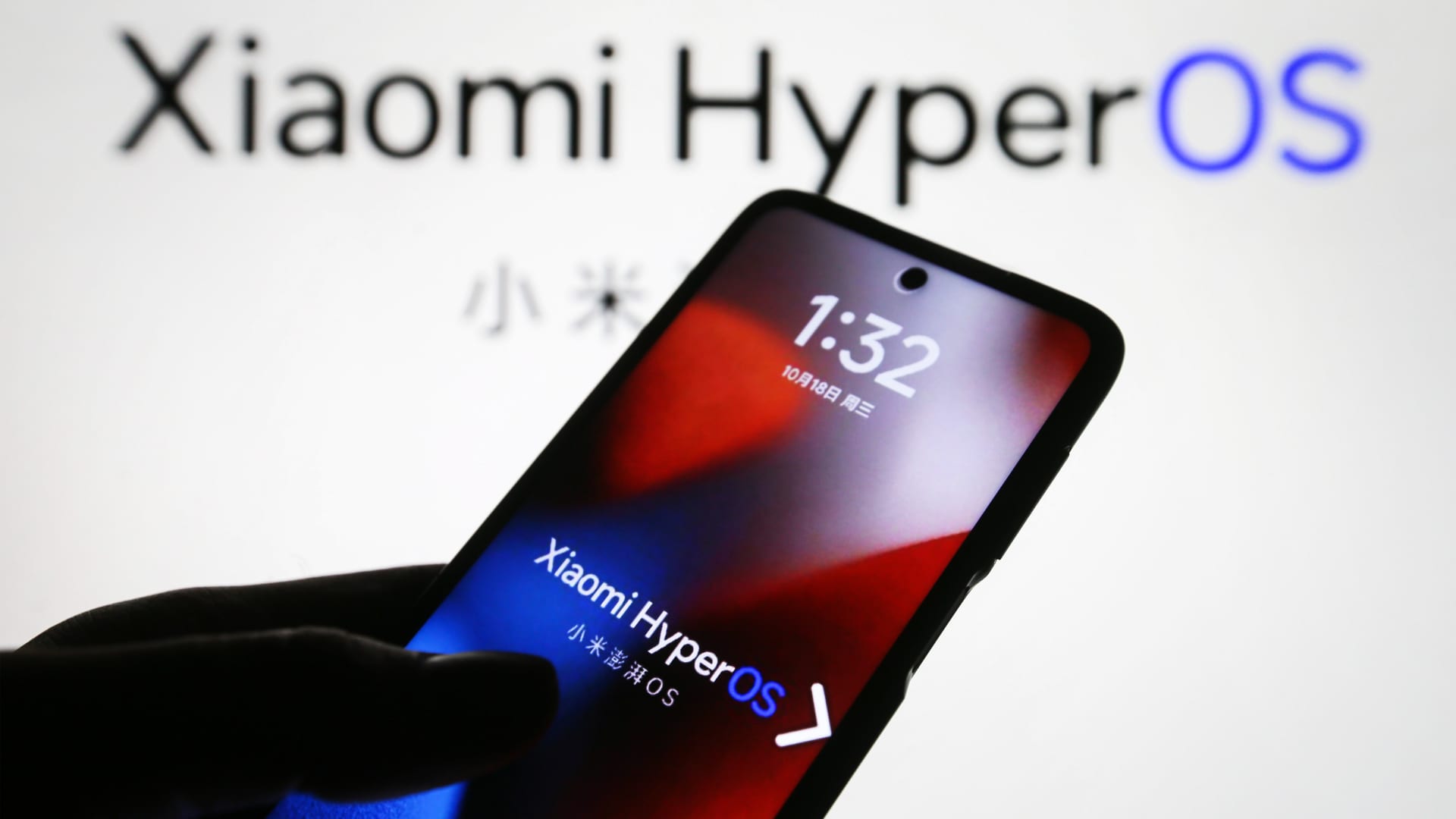Chinese smartphone and appliance manufacturer Xiaomi has unveiled its new operating system, HyperOS, as it looks to expand its ecosystem with the upcoming launch of its own car. The announcement sent Xiaomi shares up over 1% in Hong Kong trade on Friday morning, adding to gains of more than 20% for the year. The HyperOS system is set to be available to consumers on October 31, coinciding with the release of Xiaomi’s latest phones, wearables, and TV sets in China.
Describing the new system as a significant milestone in its strategic vision of delivering a “Human x Car x Home” smart ecosystem, Xiaomi CEO and founder Lei Jun had confirmed on Chinese social media earlier in the week that the company’s car would be released in the first half of next year. However, he did not provide details about whether the vehicle would be electric.
Tech companies have long recognized the importance of developing their own operating systems to enhance customer loyalty, with Apple’s iOS and Google’s Android being prime examples. Chinese telecommunications giant Huawei has also introduced its own operating system called HarmonyOS as it seeks to replace Android. Huawei produces a range of devices, including smartphones, laptops, tablets, and TVs, and also licenses its software for use in electric cars made by partners. In September, Huawei announced that its operating system had already attracted over 60 million users.
Meanwhile, Chinese electric car manufacturer Nio unveiled its own smartphone earlier this year, based on Android but customized to seamlessly integrate with its vehicles.
Xiaomi initially gained popularity for its affordable smartphones and the MIUI user interface, which is based on open-source Android. The company stated that the core of HyperOS is built on Linux and its self-developed Xiaomi Vela system. While the press release mentioned that HyperOS offers improved stability and lower power consumption compared to the stock version of Android, Xiaomi emphasized the new system’s processing speed, security features, and the ability for seamless content sharing and camera access between smartphones, cars, and laptops.
In recent years, Xiaomi has diversified its business and expanded into appliance and consumer electronics, which accounted for about 22% of its overall revenue in the second quarter. This is compared to just under 37% from smartphone sales. Alongside the operating system announcement, Xiaomi also released a new smartphone priced at 3,999 yuan ($546), as well as a washing machine and refrigerator priced at 1,999 yuan ($273) and 2,999 yuan ($410), respectively. Xiaomi provides an app that allows customers to remotely control settings for their appliances.

I have over 10 years of experience in the cryptocurrency industry and I have been on the list of the top authors on LinkedIn for the past 5 years. I have a wealth of knowledge to share with my readers, and my goal is to help them navigate the ever-changing world of cryptocurrencies.











